EdTech Estonia turned 1: Highlights of 2021
EdTech Estonia celebrated its 1st birthday on December 1st. This called for a celebration, as in addition to the amazing community we have of our EdTech startup founders and team members, we’ve also managed to gather a vibrant community of education innovation enthusiasts around us during this first year. And we feel deeply thankful for their support.
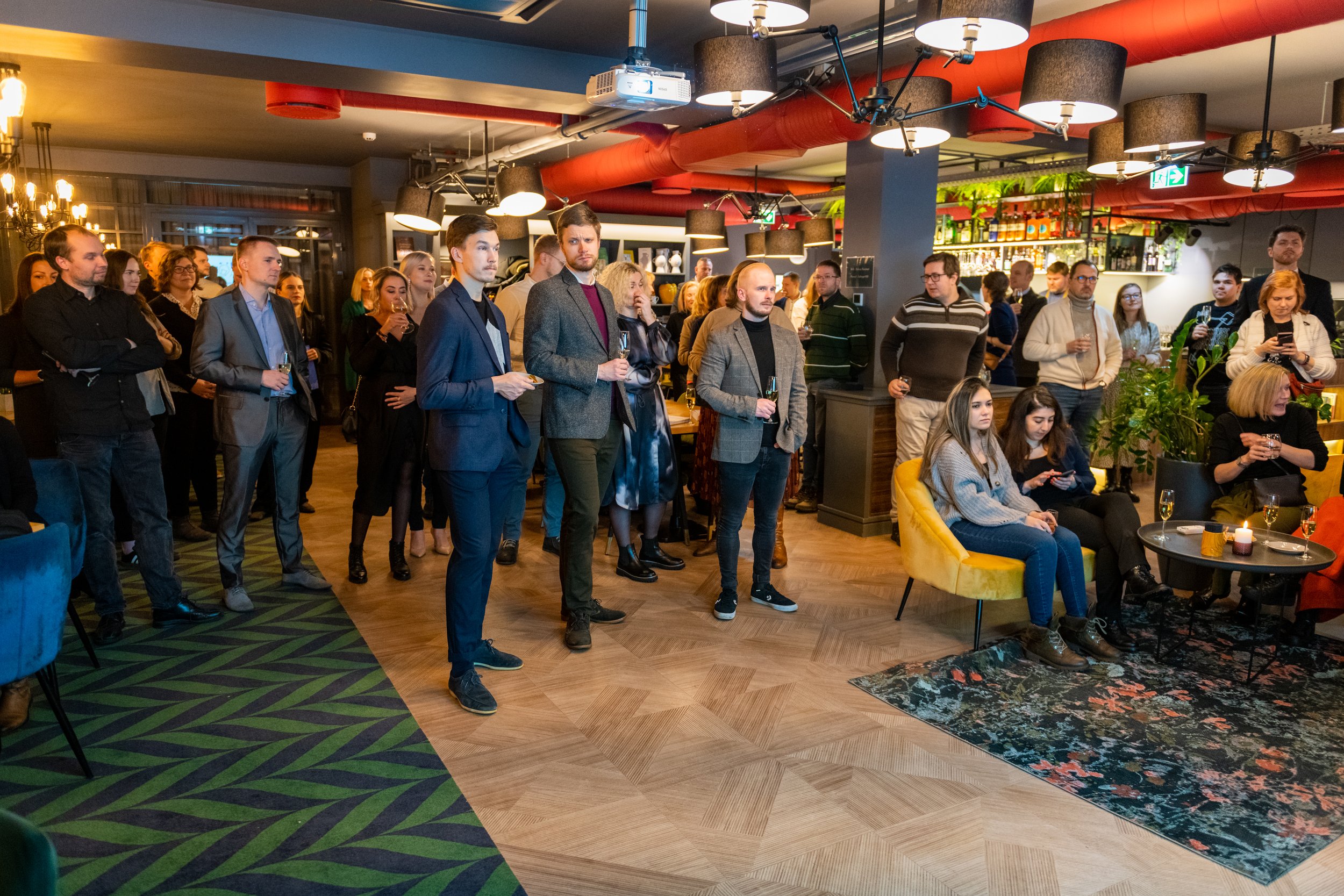


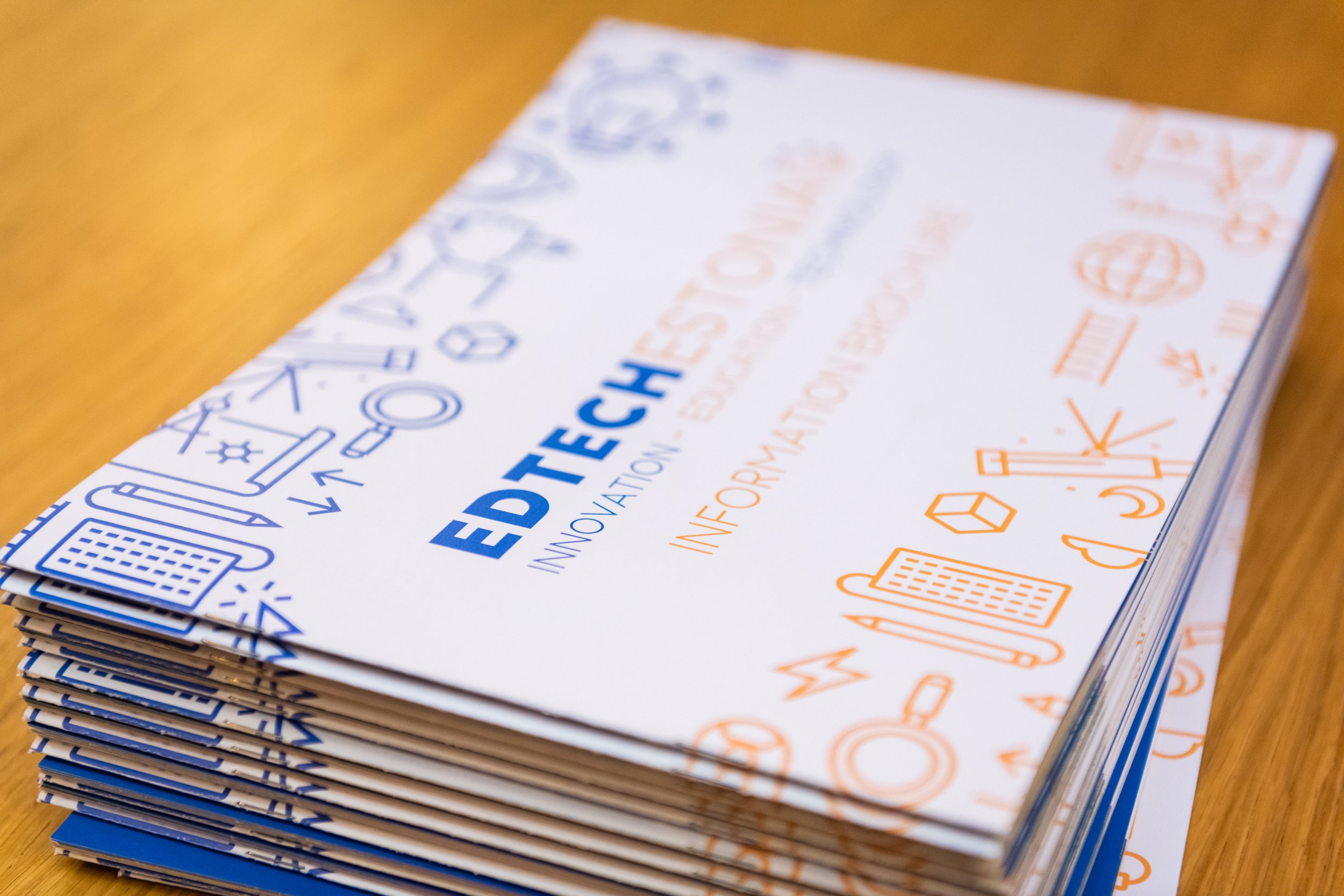
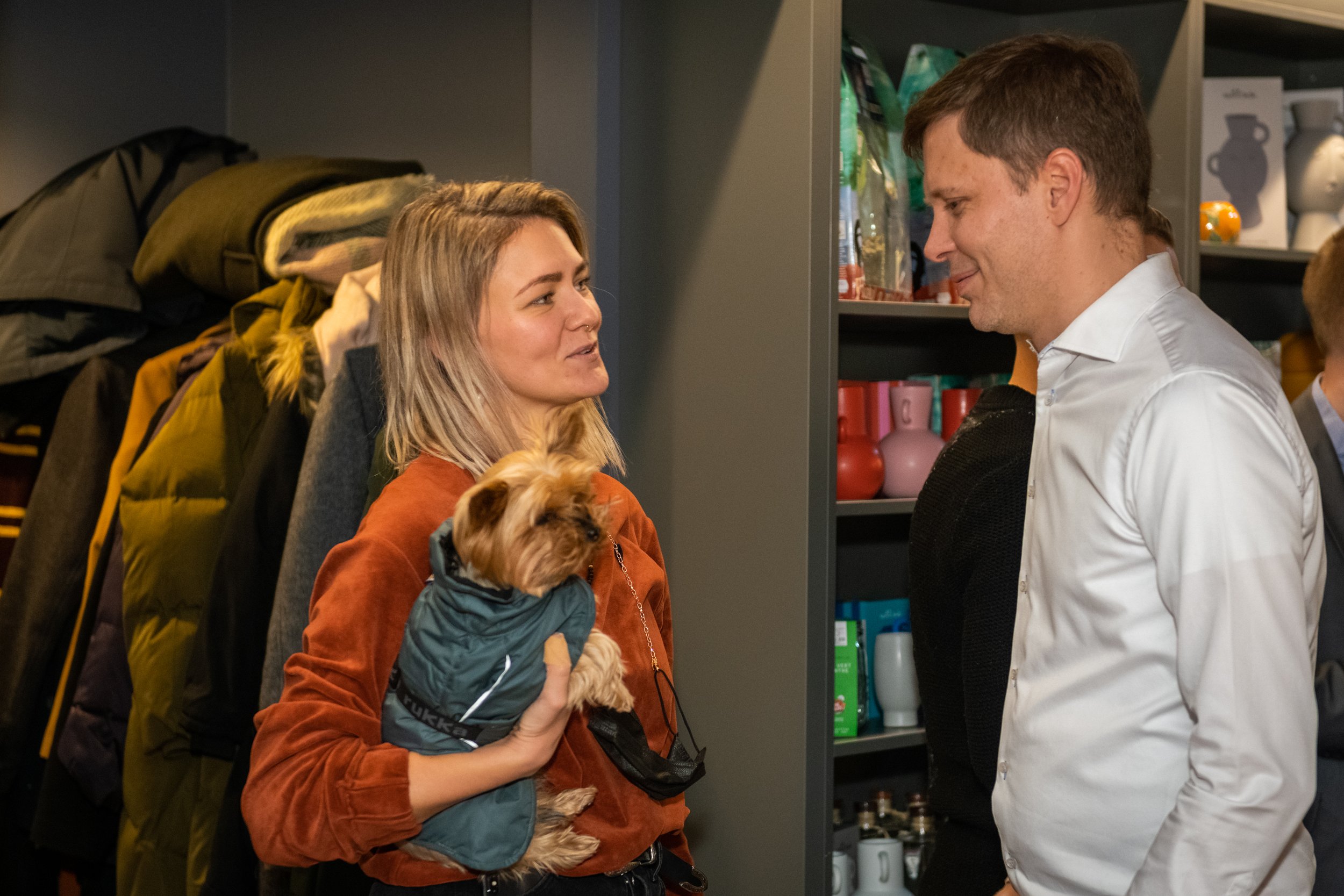
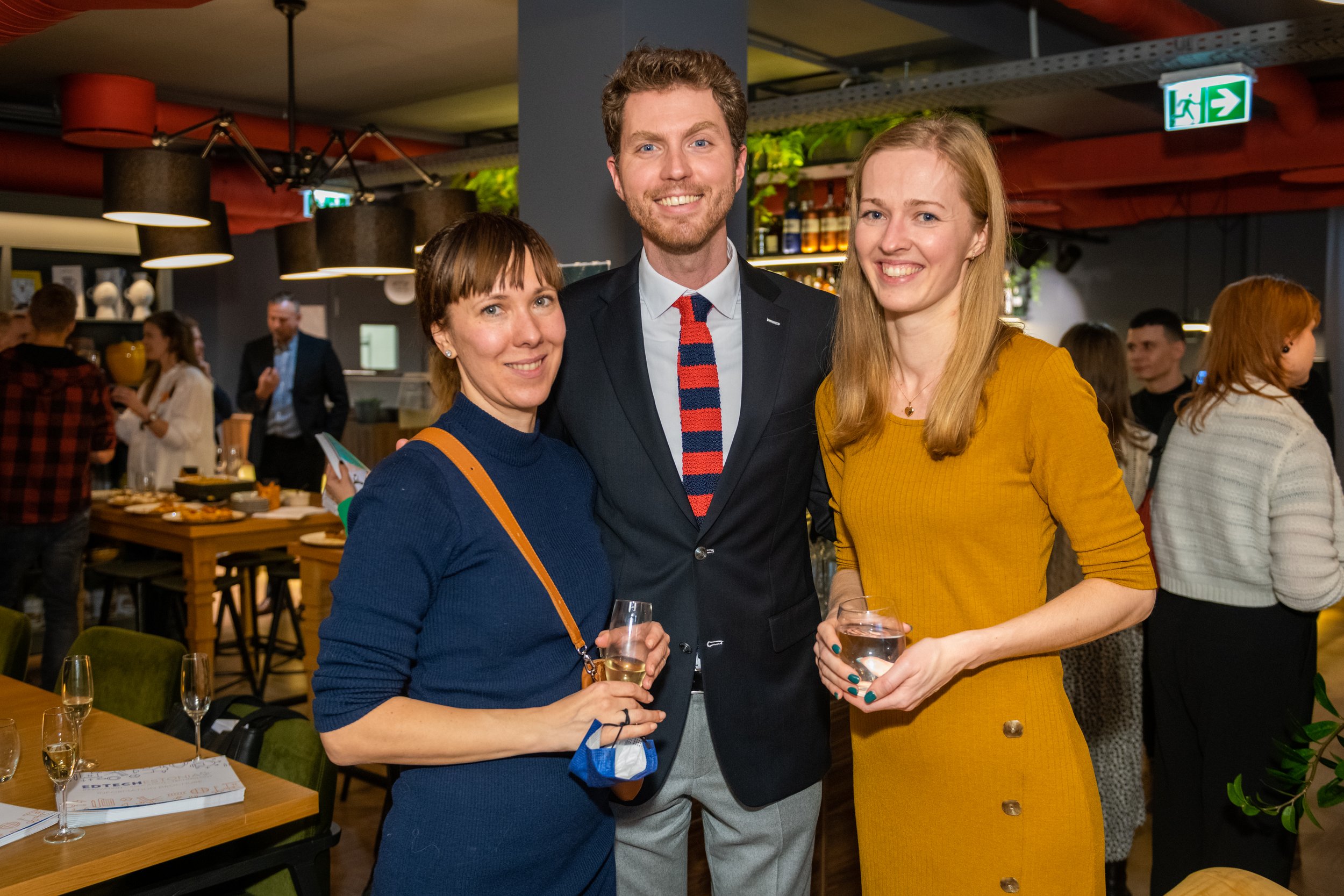
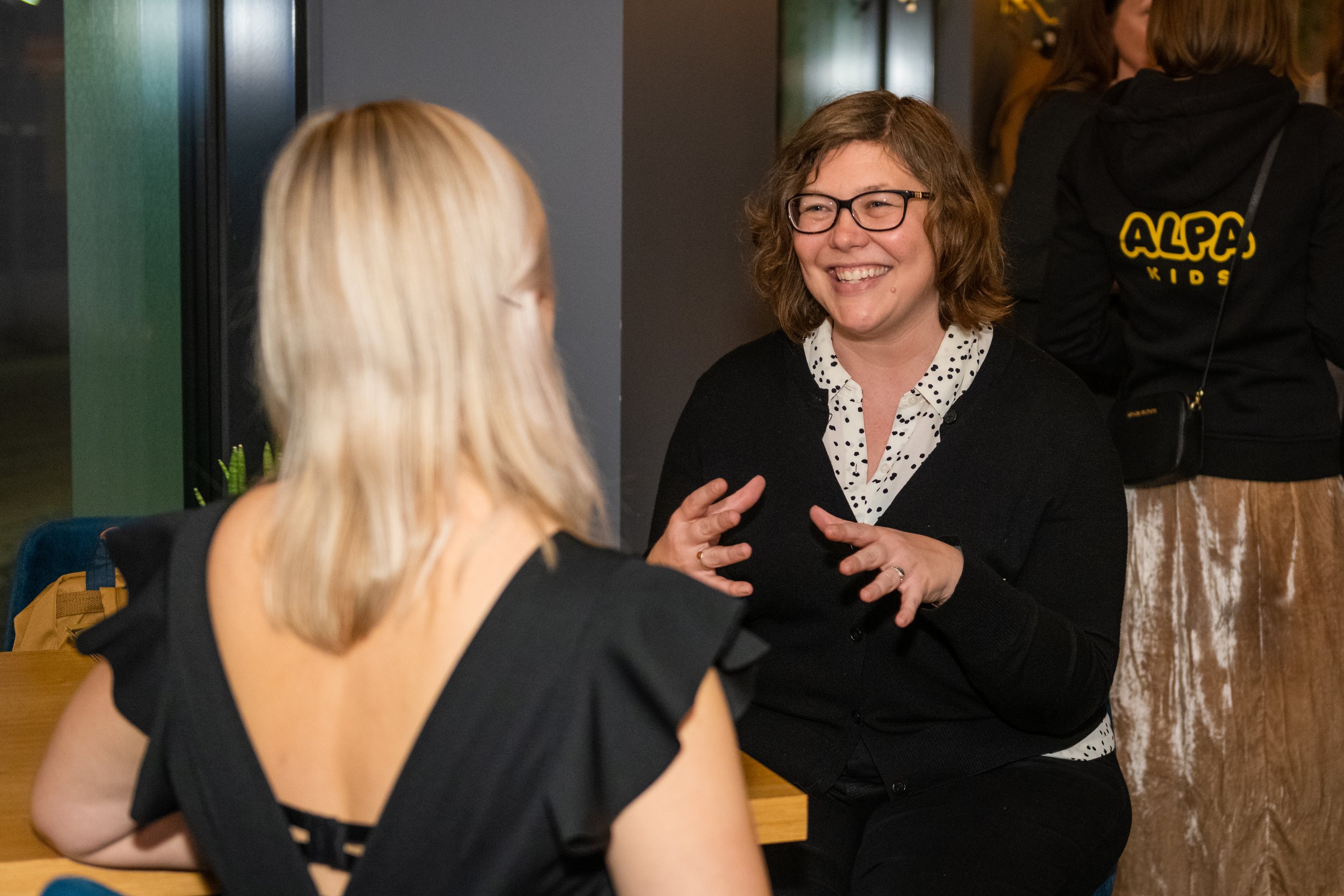
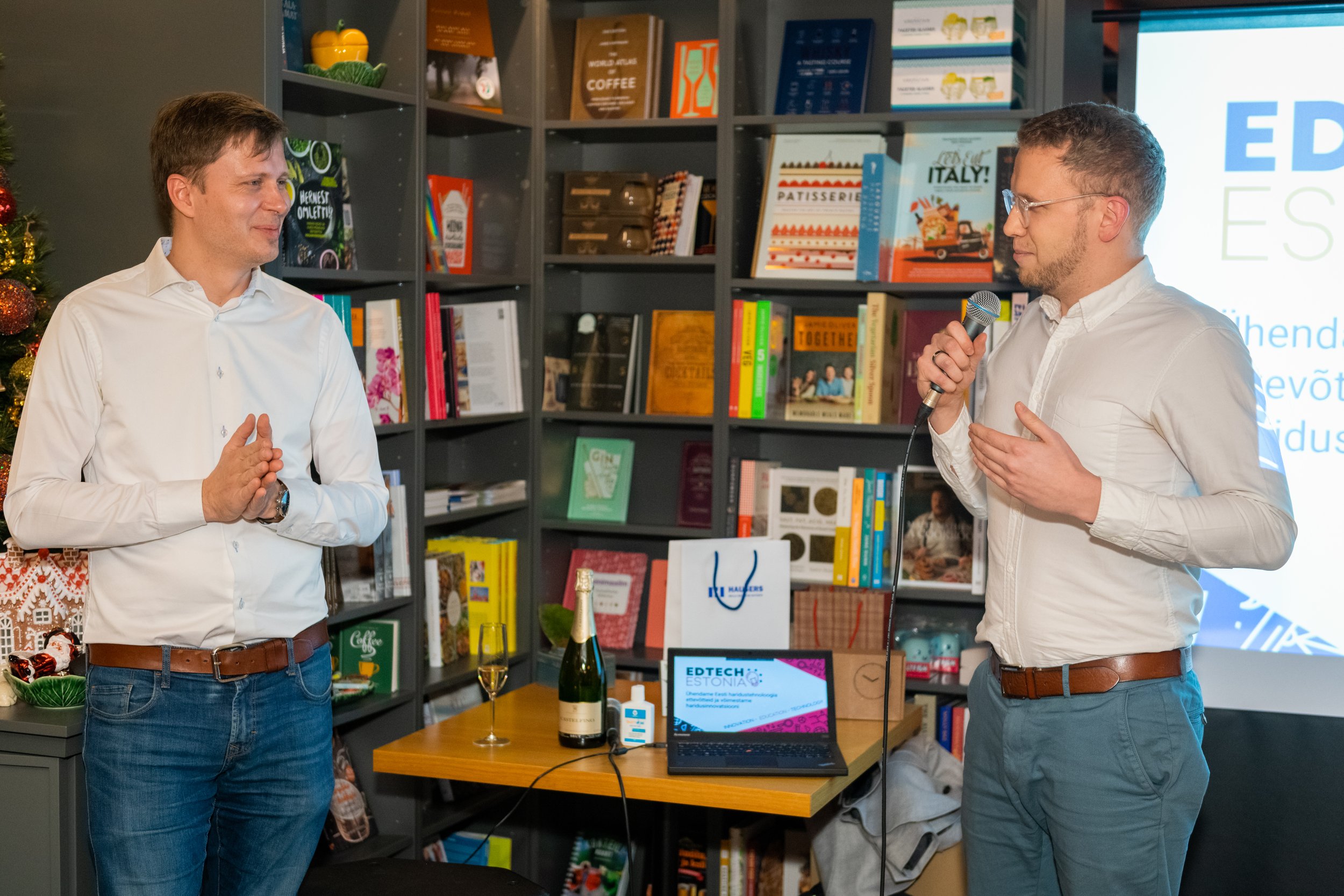

But EdTech Estonia is all about its members, and we’re eager to share what they’ve been up to! We were kinda blown away ourselves, and hopefully, by the end of this article, you’ll be too.
Today, EdTech Estonia has 35 members ranging from kindergarten tools to lifelong learning solutions. We have divided them into 7 categories that you can see below (the ones on the visual are EdTechs with ambitious export goals). Read more about all our members here.
Administration platforms kept conquering the world
In 2021, DreamApply celebrated its 10th anniversary with partners in more than 40 countries. They have now expanded into other markets like Brazil and the APAC region in addition to the European countries, where DreamApply has become a strong and trusted partner for university admissions. And they’re not alone in this - while developing new functionalities for their loyal users, eKool has been expanding outside of Europe as well and started several projects in African countries.
Meanwhile, ELIIS is conquering Europe and expanded to Poland, Latvia and Lithuania. They also created a new and better version of the whole platform and started a new feature where kindergartens can share ideas internationally. In addition, Rasmus Gross, the founder and CEO of ELIIS and one of the board members of EdTech Estonia, has managed to do all that and also put a great effort into supporting EdTech Estonia and its export-focused activities.
Learning platforms welcomed newcomers and celebrated multiple success stories
We actually think that VIVITA led by Mari-Liis Lind should have a category on its own. In 2021, they successfully launched the program VIVITA Vista, where children aged 9-14 can go from idea to prototype in just 10 weeks. Many of the participants have become very successful young founders, celebrating wins like making sales and having their ideas implemented at schools. Moreover, VIVITA is about to launch a prototyping tool set in Japan (soon to be launched in Europe and USA as well) and during the past 3 years, they have expanded into 8 countries all over the world, with New Zealand being the latest addition to the list.
Maria Rahamägi, the CEO and founder of Edumus and also one of the board members of EdTech Estonia, has clearly been riding high since the start of Edumus in 2020. Just listen to the enthusiasm in her voice in the numerous radio shows that she’s been featured in, for example here and here and here (in Estonian, but enthusiasm in itself is a universal language anyway). Edumus took 55 new teachers to schools in Estonia and 30 teachers in Ukraine, but that’s not where they stopped - in December, they launched Edumus School, the first platform in Estonia to offer elective online courses for high school students. And did we mention that Maria was also the head organizer for this year’s EdTech Hack - the biggest we’ve ever had, with 202 participants from 41 countries? The top 6 teams were chosen into a 3-month mentorship program, so be prepared to hear more about them soon!
SpeakTX has been taking steps to implement their platform in Georgia. In Estonia, they’ve gathered some excellent feedback - the feasibility study they had with Tallinn City Government to support 20 kindergartens where there’s no in-house speech therapist had a >90% satisfaction rating among the participants. Looks like a bright future ahead!
Due to recent developments in the education world, Taskutark pivoted and started creating a digital study platform. And as mentioned above, we also had some newcomers with exciting solutions - welcome on board, Taut and Schoolaby!
Educational games set new records for the number of active users
In August, 99math turned up the heat by raising $1M to expand to the US and then became the coolest EdTech in town by placing a hot tub on top of their rooftop office. A few weeks later, the whole community conquered their office for a Saturday night. We had a chance to see the backstage of many records their team crushed this year - for example, 99math reached 1M math problems being solved in a day. We think it’s a cool metric to showcase. Almost as cool (or hot?) as the hot tub on the roof.
ALPA Kids counted together 83 258 new users and it’s probably way more by the time you’re reading this. They had a successful pilot in India with 60k users, but at the same time they’re co-operating with Tallinn City Government to provide e-learning games to all the preschools in the city. They also won the 6th edition of Base Camp.
Futuclass created a portal for teachers to manage their VR lessons and finished new study modules in 8th to 9th grade Physics. A good example of the strong community of Futuclass teachers is the fact that the teachers themselves started an initiative of creating lesson plans for group work in case there’s not enough VR headsets available at school. We were also all very proud to see Futuclass featured in Estonian National Television News.
And last but not least, Loquiz got students moving when all the sports events got cancelled due to you-know-what. Thanks to them, almost 40k kilometres were added to the physical activity statistics of students.
Learning content providers were kept really busy
We’re all excited for the launch of Praktikal - study sets to create more engaging lessons in Physics via hands-on learning experiences. They reached all the schools in Tartu and signed a contract with Eesti Energia to develop further. It’s for sure heartwarming to see large companies emphasizing the importance of education and wanting to contribute to innovative solutions!
Mobi Lab sent us a list of everything they’ve done in the past year and it’s so long that we had to create more space in our computers to download it. But to give you a clue, they’ve reached 300 teachers with their pre-school AR game and you can now take selfies with a bear in one of Estonia’s national parks. And these are just to name a few.
Opiq expanded to Kenya and is now available in Finnish as well. Bizplay keeps developing their range of products and digitalizing the games, and Dilesy took first steps in launching their tools in other languages - they’re now available in Russian. And welcome to the newcomer - Tinkr!
Mental health platforms gathered more attention than ever before
When it comes to well-being and mental health topics, it’s obvious that these have been more in focus for the past year and the wins of our member EdTechs are a good example of it - here’s a quick overview. Clanbeat reached 250 schools in Estonia within one year and we know that they have many more exciting news to share, but most of them are not released yet and we don’t want to spoil it for you - so stay tuned! Meanwhile, you can read about the Founder and CEO Kadri Tuisk, as she was featured in the article by Svenia Busson “14 female founders you should watch out for in European EdTech”. Happy to note that EdTech really seems to attract female founders - for example, all our mental health platform founders are female. Kadri is also one of the board members of EdTech Estonia.
Helge has created a toolset that helps schools and youngsters become more aware of their mental health situation and get guidance. During 2021, they started automating their existing services. And there’s certainly a need for that - teachers are saying that they have gained valuable insights from Helge’s statistical data, which has informed their interventions.
Tutoring platforms forgot about comfort zone
Mentornaut was one of the newcomers of 2021 who blew everyone away with their speed of growth. In November, they raised €200K to launch personalised education in Kenya, but they themselves believe that rather than raising money, there are other statistics that showcase the value of what they do. Today, Mentornaut has helped more than a 1000 students in Estonia in finding a personal tutor and there have been more than 4000 private lessons delivered.
However, Einstein’s Square is having its own level of competition in terms of numbers. They’ve reached 138 countries and reached 1M of revenue in 12 months without any external funding.
Tutor.id raised $700K, totalling $1M in investment to date. They’re now entering India, one of the biggest EdTech markets and grew from a team of 3 to a winning team of 10 people - including top talents from Google, Microsoft and winning startups.
Language learning platforms kept hacking the way people learn
Lingvist got attention by raising €5.1M to create Lingvist Lab, which will take lead in deep research about the ways we learn. They’re partnering up with top universities in the world to conduct scientific experiments in order to radically amplify people's learning efficacy by using smart technologies. Multikey has been a game-changer in learning Estonian. This year, they gave away 1000 estonian language courses to learners and their FB group “Räägi minuga” had up to 75K visitors in a month. It’s the biggest community of Estonian language learners in the world.
What’s next?
Well, first of all, 2021 is not over yet - some of us are boarding flights to Dubai EXPO 2021 to introduce Estonia’s EdTech solutions at EdTech Day on December 16th in the Estonian pavilion. Read more about it here (English) or here (Estonian).
In January 2022, we’ll be looking up our passports once again and boarding flights to London, UK to engage with the extraverted part of ourselves at BETT.
We have many dreams and ambitions for 2022. Taking the annual co-creation program and hackathon to new heights - bigger, better, more impactful. Supporting our community members more thoroughly and engaging the larger community of education enthusiasts to achieve new goals for growth. EdTechs have a great potential to create meaningful change in the education world, but this can only be achieved in tight cooperation with external partners - and that’s why we are putting a lot of effort into creating those connections.
We’re also dreaming about our own home - an EdTech HUB in Tallinn. A place where EdTech teams could grow together, learn from each other and validate new solutions more efficiently - in tight collaboration with universities and educational scientists. It would also be a place for introducing Estonia’s solutions to the wider audience (ranging from local educators to international delegations). The EdTech world is a bit different and at times way more challenging than the rest of the startup world, so we’ve come to a conclusion - EdTechs grow better when they can grow together. So that’s the one main thing on our list for Santa this year.
That’s it for this time! If you feel like you should be part of our community - do reach out! Even if you’re not yet an EdTech founder yourself, but you would maybe like to become one in the future. Join us for inspiration and people and you’ll never know where you might just end up.

